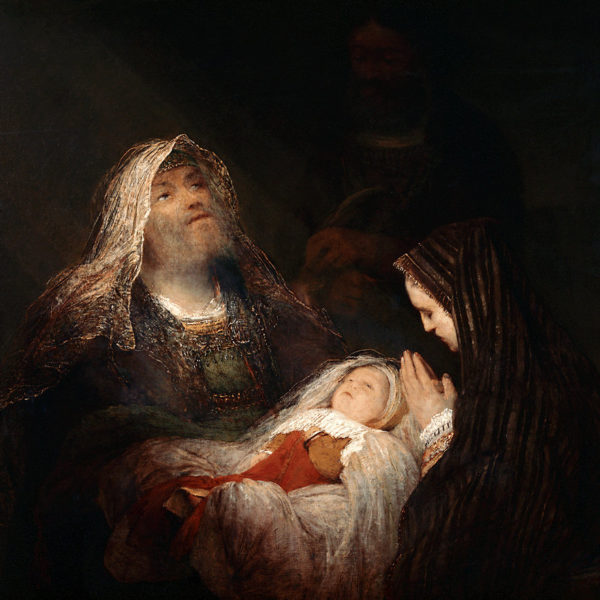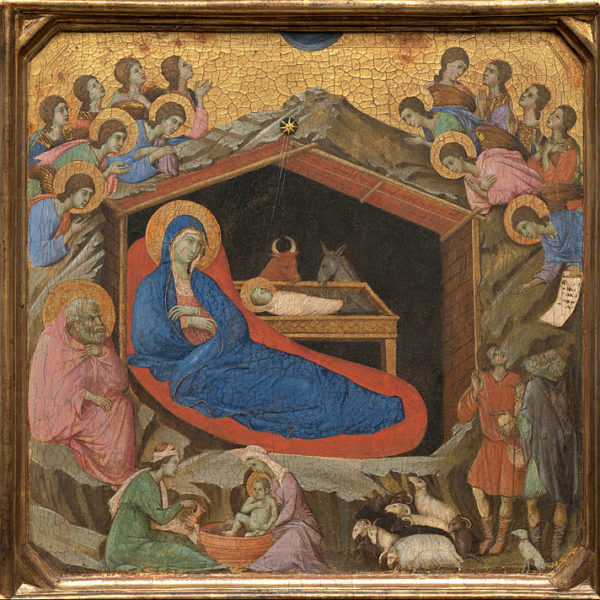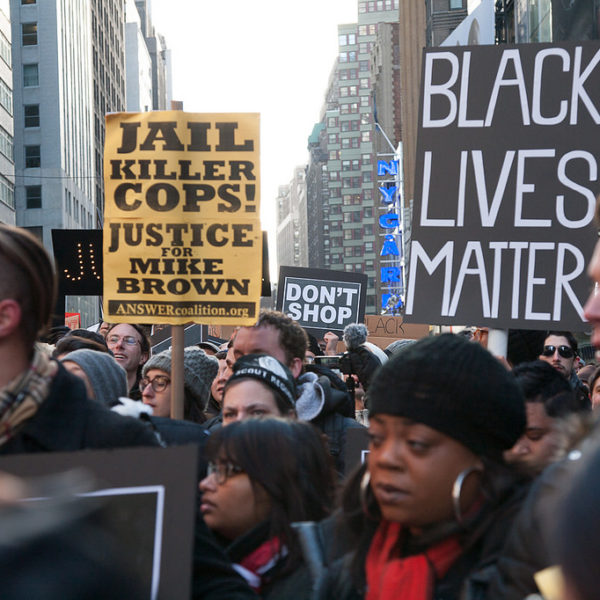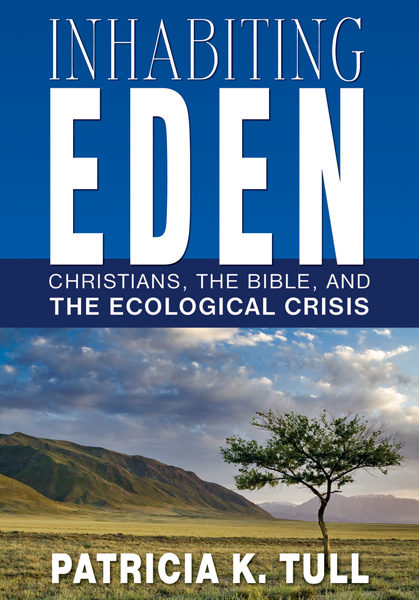
A competent sentinel must be vigilant, alert to and able to read the faintest signs upon a distant horizon, perceiving the most miniscule of details and discerning their greater import when they finally appear. In the opening chapters of both Matthew and Luke, we encounter a series of watchers and signs, presented in part as examples to the readers of the gospels in their own watching.

The prophet Isaiah was a city dweller, but his mind was on the countryside. Trees, vineyards, and fields populate his thinking and that of his successors in this long book, where vegetation serves both as metaphor (as in Isaiah 5:1-7), and as the life-sustaining growth on which humans literally depend (as in vv. 8-10). Agricultural imagery appears from one end of the book to the other (1:8; 66:17), spelling out both judgment and hope.
Emma Goldman once said “If voting changed anything, they’d make it illegal.” Goldman was speaking of the bourgeoisie democracy that upholds the status quo of US society. Her words have rung true for many of us progressives who voted for President Obama. We have and grown increasingly frustrated as his administration has leaned toward the status quo rather than the oppressed and poor. This week’s lectionary reading tells of a man who was part of the status quo in his society, high in power and authority in Ethiopia, yet God’s Spirit had something else in mind for him, an apostle named Philip….


